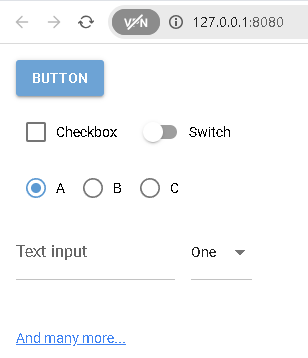SciPy 1.13.0 is the culmination of 3 months of hard work. This
out-of-band release aims to support NumPy 2.0.0, and is backwards
compatible to NumPy 1.22.4. The version of OpenBLAS used to build
the PyPI wheels has been increased to 0.3.26.dev.
This release requires Python 3.9+ and NumPy 1.22.4 or greater.
For running on PyPy, PyPy3 6.0+ is required.
python -m pip install --upgrade pip
Requirement already satisfied: pip in c:\python312\lib\site-packages (24.0)
...
python -m pip install --upgrade matplotlib
Collecting matplotlib
Downloading matplotlib-3.8.4-cp312-cp312-win_amd64.whl.metadata (5.9 kB)
...
Successfully installed contourpy-1.2.1 cycler-0.12.1 fonttools-4.50.0 kiwisolver-1.4.5 matplotlib-3.8.4
...
python -m pip install --upgrade scipy
Collecting scipy
Downloading scipy-1.13.0-cp312-cp312-win_amd64.whl.metadata (60 kB)
...
Successfully installed scipy-1.13.0
I tested the interpolate.Akima1DInterpolator changes with the default python script and works well:
import numpy as np
from scipy.interpolate import Akima1DInterpolator
import matplotlib.pyplot as plt
fig, ax = plt.subplots()
x = np.linspace(1, 7, 7)
y = np.array([-1, -1, -1, 0, 1, 1, 1])
xs = np.linspace(min(x), max(x), num=100)
y_akima = Akima1DInterpolator(x, y, method="akima")(xs)
y_makima = Akima1DInterpolator(x, y, method="makima")(xs)
ax.plot(x, y, "o", label="data")
ax.plot(xs, y_akima, label="akima")
ax.plot(xs, y_makima, label="makima")
ax.set_title('Fruit supply by kind and color')
ax.legend(title='Fruit color')
plt.show()
about Akima piecewise cubic Hermite interpolation.
Akima interpolator Fit piecewise cubic polynomials, given vectors x and y. The interpolation method by Akima uses a continuously differentiable sub-spline built from piecewise cubic polynomials. The resultant curve passes through the given data points and will appear smooth and natural.
The result of this source code is this:

